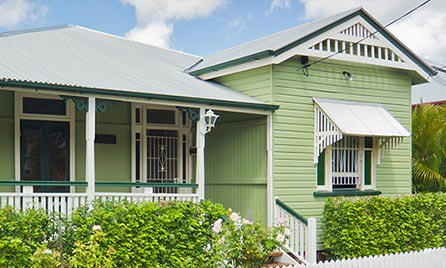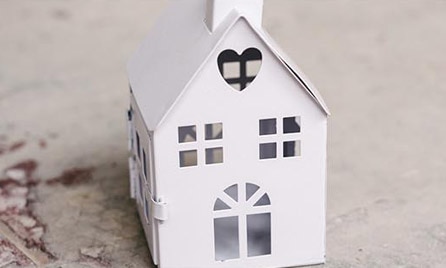-
 Promotions
Promotions - Car Insurance
Main menuProduct InformationQuotesResources for existing membersCar Information Hub
- Home Insurance
Main menuProduct InformationQuotesResources for existing members
- Landlords Insurance
Main menuProduct InformationQuotesResources for existing membersMy Insurance Portal
- Pet Insurance
Main menuProduct InformationQuotesResources for existing membersPet Information Hub
- Roadside Assist
Main menuProduct InformationResources for existing members
- Travel Insurance
Main menuProduct InformationQuotesResources for existing members
- Other Products
Main menuProduct Information
Explore our other services
-
 Promotions
Promotions - Car Insurance
Product InformationQuotesResources for existing membersCar Information Hub
- Home Insurance
Product InformationQuotesResources for existing membersHome Information Hub
- Landlords Insurance
Product InformationQuotesResources for existing membersMy Insurance Portal
- Pet Insurance
Product InformationQuotesResources for existing membersPet Information Hub
- Roadside Assist
Product InformationResources for existing members
- Travel Insurance
Product InformationQuotesResources for existing members
- Other Products
Product Information






